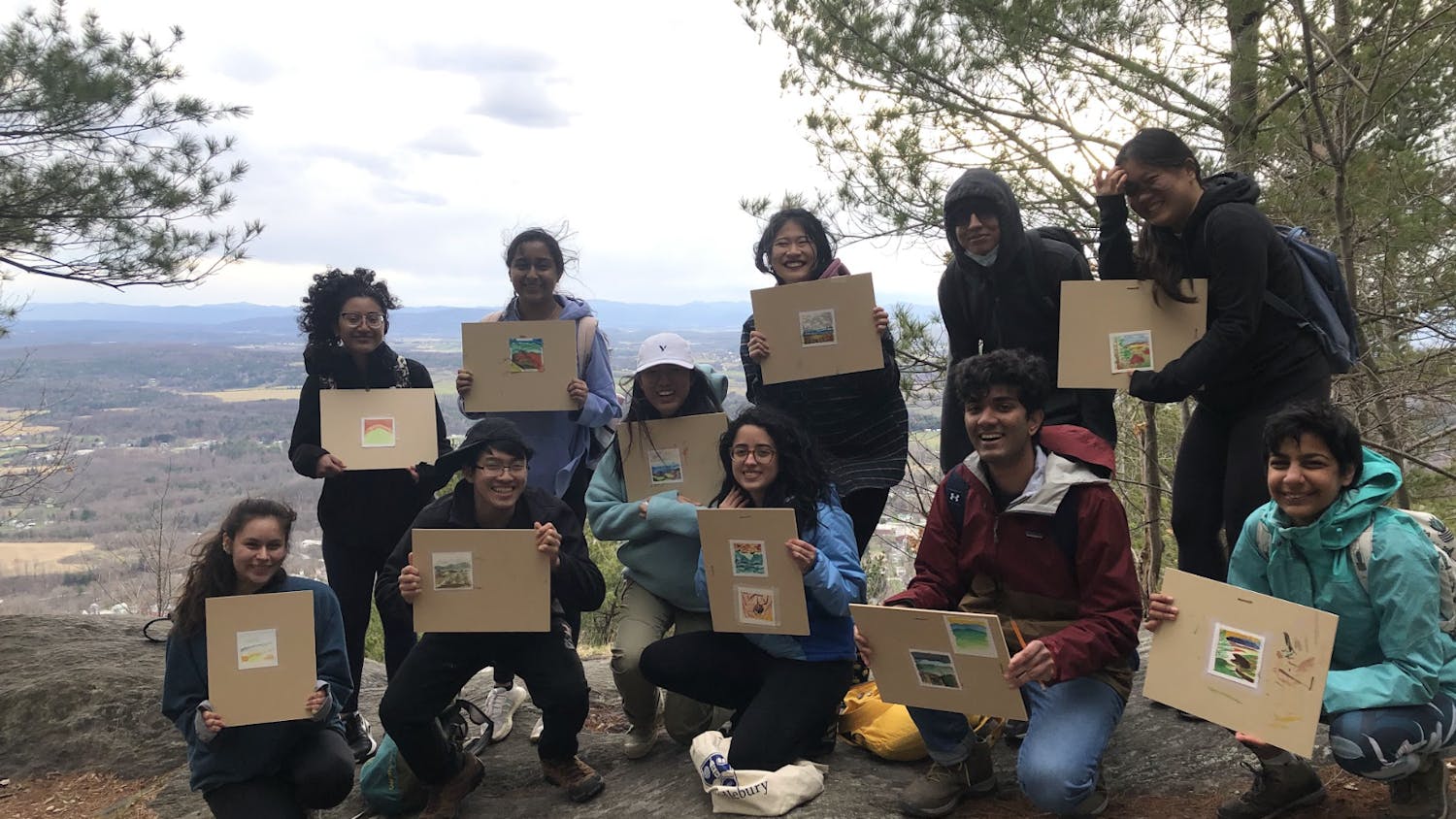With super storms like Hurricane Sandy and winter storm Nemo, it is easy to overlook some of the smallest creatures that are affected by more subtle differences that climate change brings. The Bicknell’s thrush, a medium-sized bird virtually identical to the grey-cheeked thrush, is one such victim, according to the Center for Biological Diversity, which has petitioned the federal government to list the bird as endangered. The Bicknell’s thrush is already listed as endangered at the Vermont state level and is listed as a red watch list bird for the Audubon Society.
“The Bicknell’s thrush is a species that is only found in the Northeast United States and up into eastern Canada,” said Mollie Matteson, a conservation advocate for the Center for Biological Diversity. “It is considered to be one of the most imperiled neo-tropical birds in the world.”
A neo-tropical bird is a bird that breeds in the United States and Canada during the summer and migrates south to Mexico, Central America, South America or the Caribbean to spend the winter in warmer climes. According to the Migratory Bird Center at the Smithsonian National Zoological Park, there are about 200 species of neo-tropical birds, many of which are songbirds, such as the Bicknell’s thrush. Birds such as the Bicknell’s thrush, which don’t look incredibly special at first glance, travel thousands of miles each year during their migrations.
One reason the Bicknell’s thrush is so endangered is because it has such a specific breeding habitat in North America.
“Its breeding habitat is very limited up here in the Northeast; it occurs near the tops of mountains,” said Matteson. “It is a vulnerable habitat in a number of ways … as overall temps warm, natural communities across a range of elevations will start to shift … studies [] have shown that northern hardwood communities have been moving up mountains.”
The Bicknell’s thrush lives near the tops of mountains in spruce and fir. But, with climate change, its habitat will continue up the mountains until it can’t go any farther.
Another threat to the Bicknell’s thrush is higher levels of mercury, which have been detected through blood samples, and can be linked to coal power plants in the Midwest. According to Matteson, using the Clean Air Act to help this aspect of the Bicknell’s thrush’s health could be useful.
According to Jim Shallow, conservation and policy director at Audubon Vermont, many coal plants are at the end of their lifecycle and using threatened birds such as the Bicknell’s thrush could be effective reasons for closing them down.
But, why spend all this time saving a bird, especially one that is only distinguishable between the grey-cheeked thrush through genetic testing?
“It is important because birds are indicators of the broader ecosystem health,” said Shallows. “They are, in many cases, the canary in the coal mine.”
Plus, added Shallows, bird health reflects on human’s health: “Mercury deposition is not a good thing for human health – when the bird shows signs of mercury accumulation in blood it isn’t good for us.”
Matteson had another perspective on the importance of saving the Bicknell’s thrush.
“[Protecting them is] important simply because it is a rare species and in danger of being obliterated,” said Matteson.
The current status of the Bicknell’s thrush is up in the air. In 2010, Matteson said, the Center for Biological Diversity petitioned under the Endangered Species Act to have the thrush added to the Endangered Species list.
“This past summer the fish and wildlife service issue a 90 day positive finding – initial review of petition – their initial decision was that yes, they warranted further examination,” said Matteson.
This put the thrush in a 12-month status review that should be occurring now but has been stopped – usually funding shortages are the cause. The Center for Biological Diversity will be sending a notice of intent to sue because, according to the Endangered Species Act, they are required to proceed.
Even if the Bicknell’s thrush is added to the Endangered Species List, not too much will change for the bird. According to Matteson, the George W. Bush administration exempted the federal government from acknowledging activities related to climate change.
It is still an important step, however, because it would improve on the ground activities for the bird, such as building wind farms on the ridges important for its breeding. Although it may take some big changes to save the Bicknell’s thrush as a species in the long term, little actions can give the dwindling species the leg up that it needs.
Local Bird Species Faces Climate-Induced Extinction
Comments



